GSP Insurance Group Blog |
Definition of Homeowners Insurance DeductiblesHomeowners insurance deductibles are the out-of-pocket expenses that policyholders are responsible for paying before their insurance coverage kicks in. When a claim is made for damage to the home or personal property, the deductible is deducted from the total claim amount, and the insurance company covers the remaining balance. It is worth taking into consideration that when it comes to insurance, the deductibles can vary significantly depending on the provider and the specific plan that is being offered. It is important to carefully review the terms of your policy and understand the details of your deductible in order to make informed decisions regarding your coverage. Homeowners insurance deductibles are classified into three main types: all other peril (AOP), wind/hail, and named storm uncovered deductibles. AOP deductibles are applicable to all covered perils, such as fire or theft, whereas wind/hail deductibles specifically apply to damage caused by windstorms or hail. Named storm deductibles, on the other hand, typically apply to damage caused by hurricanes or other severe storms that are specifically named in the policy. It's important for homeowners to understand their deductible options and choose one that fits their budget and needs. While higher deductibles can result in lower insurance premiums, it's important to weigh the potential savings against the potential out-of-pocket costs in the event of a claim. Types of Homeowners Insurance DeductiblesWhen it comes to homeowners insurance, deductibles play a crucial role in determining your out-of-pocket expenses in the event of a claim. There are different types of deductibles that you need to be aware of to ensure you have proper coverage. 1. Standard Deductible: This is the most common type, where you pay a fixed amount (e.g., $500 or $1,000) before your insurance carrier contributes towards the claim. In Coastal Areas like Bluffton/Hilton Head, we tend to see ($1,000 and $2,500 in Bluffton/Off of the island) and tend to see higher ($2,500 and $5,000 + Deductibles on Hilton Head) 2. Percentage Deductible: Instead of a fixed amount, a percentage of your insured property value is deducted. In the event that you file a claim with your insurance company, it's worth noting that your policy is valued at $300,000 and comes with a 2% deductible. This means that you'll be responsible for paying $6,000 out of your own pocket before the insurance company will cover the remaining costs. It's always a good idea to be aware of your policy's terms and conditions to avoid any unexpected expenses in the future. This is becoming more common for AOP Deductibles with many carriers currently in our area. 3. Specific Deductibles: Some perils may require separate deductibles due to their unique risks. For instance: - Hurricane Deductible: This deductible is triggered when a hurricane is categorized as a named storm. It is common in coastal areas prone to hurricanes and can range from 2% to 10% of the insured property value. - Windstorm/Hail Deductible: Certain regions with high wind or hail risks may have separate deductibles specifically for these perils. It is common in coastal areas and can range from 2% to 10% of the insured property value. - Flood Insurance Deductible: Flood damage is generally not covered by homeowners insurance, so separate flood insurance policies are required. These policies have their own deductibles. The requirement for these separate deductibles depends on the intensity of the storm or the risk of damage in specific areas. For example, hurricane deductibles are common in states along the Gulf Coast and the Atlantic Coast, such as Florida and South Carolina. Understanding the different types of homeowners insurance deductibles is crucial to ensure you have the right coverage for your property and are prepared for potential out-of-pocket costs in the event of a covered claim. It is important to review your policy and discuss with your insurance agent to determine the deductible options that best suit your needs.
0 Comments
IntroductionUnderstanding binding moratoriums in insurance is crucial for individuals and businesses when dealing with natural disasters, such as tropical storms and floods. Insurance providers often implement moratoriums in order to manage the influx of insurance claims and provide timely assistance to policyholders. During a moratorium, insurance companies may temporarily suspend certain activities, such as issuing new insurance policies or making changes to existing policies. This can have a significant impact on individuals who are seeking coverage or need to make adjustments to their insurance contracts. It is important to understand the terms and conditions surrounding these moratoriums, as they can vary depending on the insurance carrier and the specific circumstances. In this article, we will delve into the implications of binding moratoriums in insurance and how they can affect policyholders in times of financial hardship or urgent need.
South Carolina’s Risk of Natural Disasters
South Carolina boasts picturesque landscapes and an inviting southern ambiance. Yet, the state is no stranger to natural disasters, especially flooding. Given its extensive coastline and numerous rivers, Beaufort County and other parts of South Carolina are prone to issues like tropical cyclones, torrential rains, and storm surges. The area has weathered several severe floods in recent years, causing substantial damage to real estate. For property owners in Beaufort County, understanding the distinctions between home insurance and flood insurance is vital. Standard home insurance policies generally do not cover damages arising from external water levels rising, such as in the case of flooding. Flood insurance is a separate policy designed to protect your property and investment against such risks. Having appropriate flood insurance coverage can be a financial lifesaver, filling the coverage gaps left by standard home insurance. This article aims to delve into the advantages of securing flood insurance, explore the variety of coverage options available, and illustrate how it can offer peace of mind for property owners in Beaufort County, South Carolina. 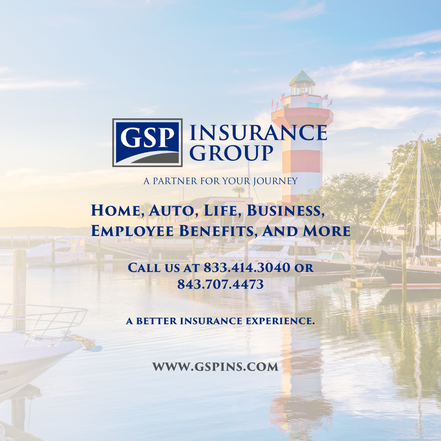 Introduction South Carolina, a state known for its picturesque landscapes and welcoming communities, is currently facing unprecedented challenges in the home and auto insurance market. Within this vibrant state, Beaufort County has emerged as a battleground where residents are grappling with the impact of rising insurance rates. Across the board, homeowners and drivers are witnessing an alarming increase in premiums. Additionally, the market is witnessing a growing trend of carriers either withdrawing altogether or implementing stricter underwriting guidelines and higher down payment requirements. This phenomenon has earned the title of the "hardest insurance market" in a generation across the country. In this blog article, we will delve into the state of the home and auto insurance market in Beaufort County, explore the factors contributing to the difficulties, and provide insights on how to navigate this challenging landscape. 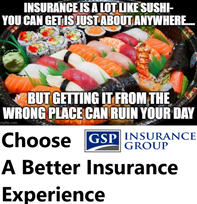 An attractive nuisance is a term used in insurance and legal circles to describe a dangerous condition on a property that may attract children and cause harm or injury. This could be anything from a swimming pool or trampoline to a construction site or abandoned building. In this blog post, we will take a closer look at what an attractive nuisance is, why it matters in insurance, and how property owners can protect themselves. 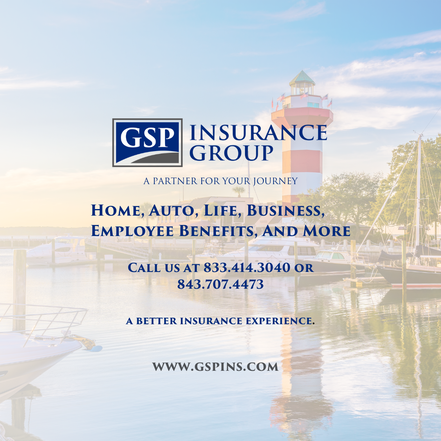 When it comes to protecting your business, having the right insurance coverage is crucial. As a business owner, you need to make sure that your company is adequately covered against potential risks and liabilities. However, finding the right insurance coverage can be a daunting and time-consuming task, especially for those who are not familiar with the insurance industry. This is where an independent insurance agent can help. 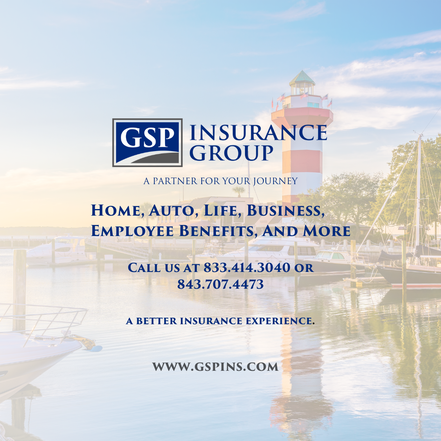 Insurance is an important aspect of life that helps protect us from financial losses due to unforeseen circumstances. When it comes to home and auto insurance, your insurance score plays a significant role in determining your insurance rates. In this article, we will discuss what an insurance score is and how it affects your home and auto insurance rates. 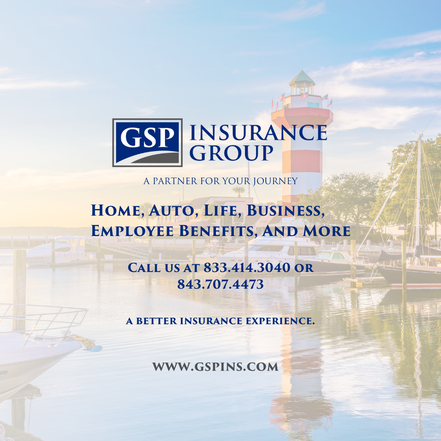 South Carolina's beautiful coastal region has always been a prime location for homeowners looking to enjoy the stunning beaches and year-round sunny weather. However, this picturesque region has faced its share of natural disasters, including hurricanes, flooding, and severe storms, leading to a significant impact on the coastal home insurance market. Over the past few years, South Carolina's coastal insurance market has undergone some significant changes. Let's take a closer look at the current state of the coastal home insurance market in South Carolina. 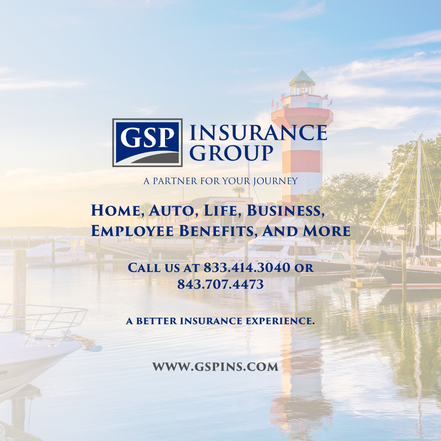 Running a business can be a risky venture, with potential threats lurking around every corner. Whether it is an employee getting injured on the job, a natural disaster damaging your property, or a data breach compromising sensitive information, any of these events can significantly impact your company's bottom line. That's why it's essential to have the right insurance policies in place to protect your business. Here are the top insurance policies that every business should consider investing in: Introduction Flood insurance is designed to protect your home, and it can also pay for other types of property damage if you're ever hit by a flood. It's important to know that your homeowner's or renter's insurance policy won't cover floods or water damage caused by them. You may be required to buy flood insurance if you live near the coast or in one of the high-risk flood zones designated by the Federal Emergency Management Agency (FEMA). Flood Insurance Basics:
Private Flood Insurance
Conclusion Making sure you're prepared for the next flood season is important. If you live in a moderate or low risk zone, then it probably won't affect your home insurance too much. However, if you live in an area that experiences frequent flooding, then it's best to get flood insurance before anything happens so that it doesn't disrupt your lifestyle any further than necessary. AuthorTyler Grizzle- Partner at GSP Insurance Group |
Contact Us(843) 707-4473 Archives
February 2024
Categories
All
|

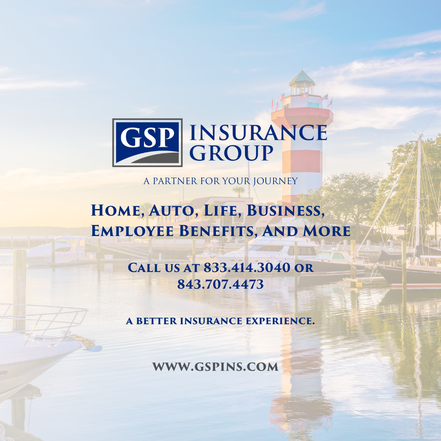
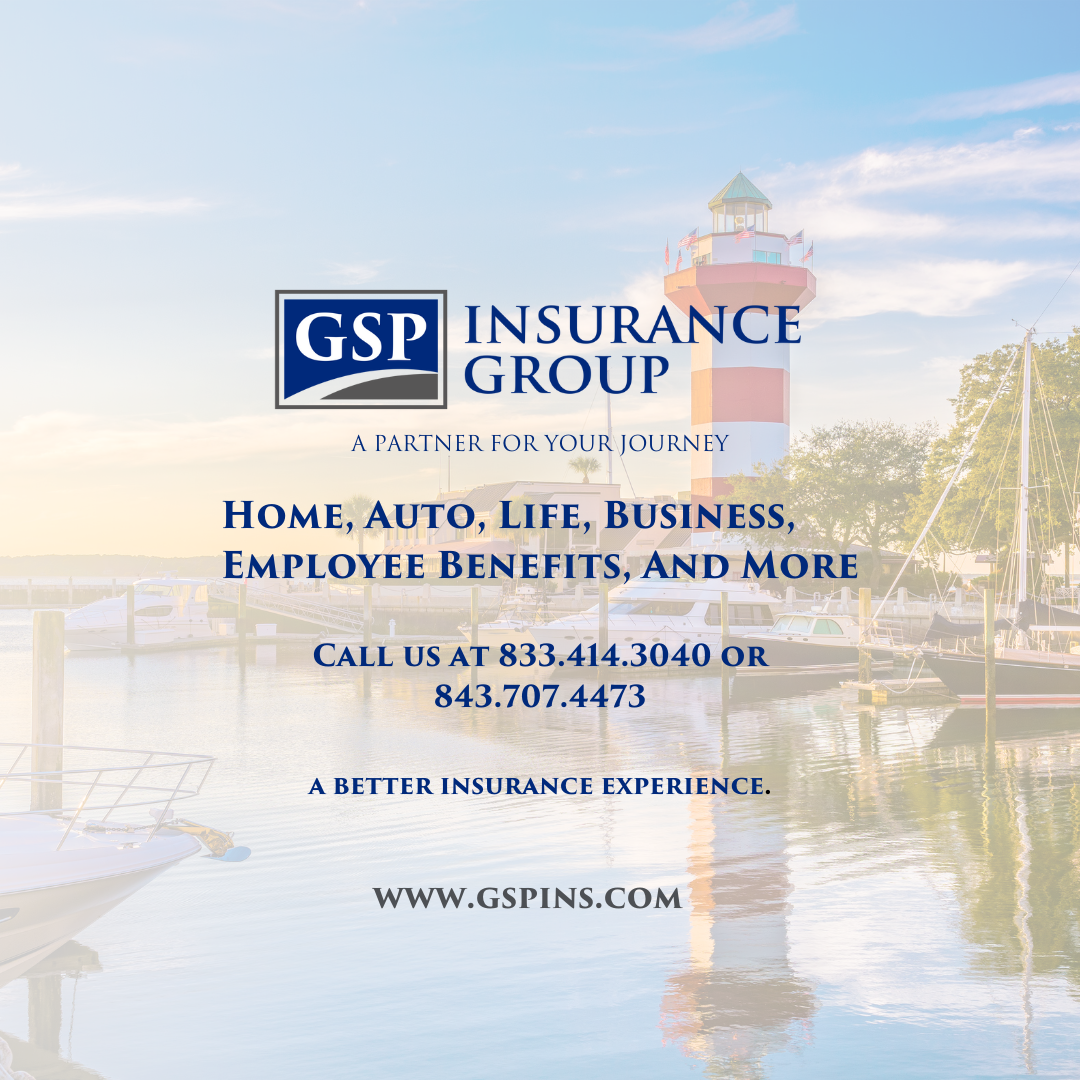

 RSS Feed
RSS Feed